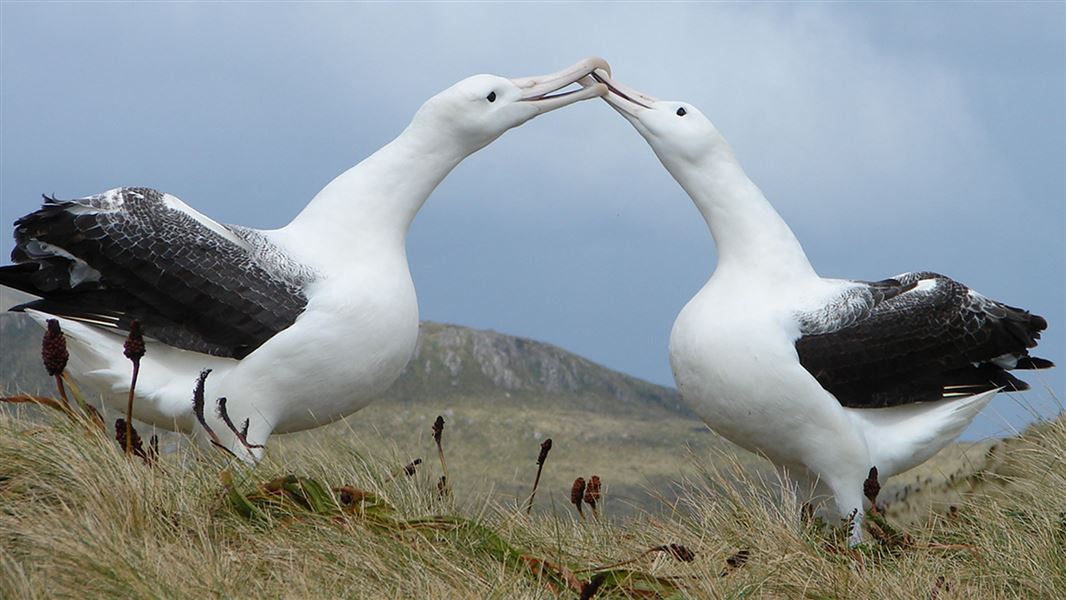Offshore islands are rich in biodiversity and are often home to many native species that can no longer survive on the mainland where predators are present. They provide a unique opportunity – with defendable natural boundaries and achievable scale – to eradicate predators with current technology.
DOC is the lead agency for island eradications on public conservation land. We also work with tangata whenua and landowners on private land. Over the last 70 years, we’ve tried and tested methods to make islands predator free. We achieved a world-first rat free island on Maria Island in 1960 and continue to build on that success. We now have 110+ predator-free New Zealand islands. They show that successfully removing predators and sustaining that change are possible.
Our successes since 2017
Invested $3 million over 3 years to understand what it would take to eradicate feral pigs, cats and mice from Auckland Island (46,000 ha). As the fifth largest island in New Zealand, Maukahuka Pest Free Auckland Island is a huge but achievable undertaking.
Maukahuka Pest Free Auckland Island
Eradicated mice from the subantarctic Antipodes Island (2100 ha) in 2018. DOC partnered with public supporters, the Morgan Foundation, WWFNZ and Island Conservation to deliver the ‘Million Dollar Mouse’ project in 2016, attracting extensive support. This has provided a safe haven for many native species including the endemic Antipodes snipe and pipit and two species of parakeet.
Maukahuka Pest Free Auckland Island
Million Dollar Mouse
Eradicated mice from Motuareronui/Adele Island in 2017 allowing South Island robins to be reintroduced and the island to be a creche for great spotted kiwi/roroa chicks
Eradicated mice from Te Hoiere/Maud Island in 2019 protecting vulnerable Southern striped geckos, the main population of Maud Island frog, giant flesh-eating snail, along with various other geckos, skinks, beetles, weevils, wetā and kororoa/little blue penguins.
Responded to pest incursions on islands that are currently predator free. We’ve partnered with the Auckland Council to maintain predator-free status post-eradication in the Hauraki Gulf/ Tīkapa Moana.
What's next?
We're working towards the goal of eradicating all mammalian predators from New Zealand’s uninhabited offshore islands which is achievable by 2050.
The team is identifying which islands are feasible and worthwhile to make predator free and developing a prioritised action plan based on available investment. Focused investment in R&D is also a large part of this plan to improve our ability to defend islands from re-invasion
The lessons we learn, and the skills and tools we build will directly contribute to progressing Predator Free ambitions on the mainland.
